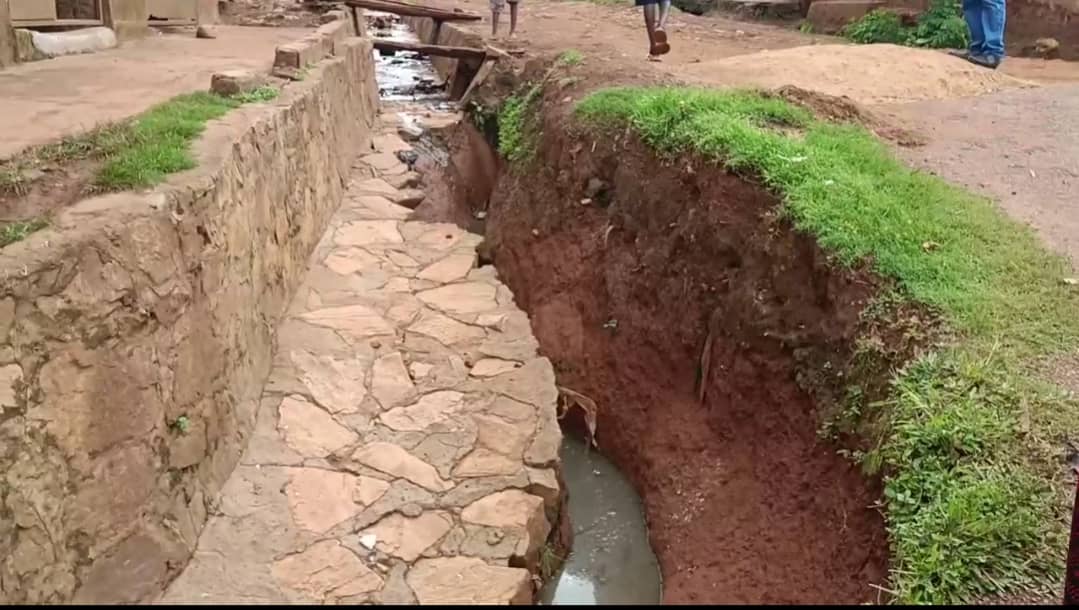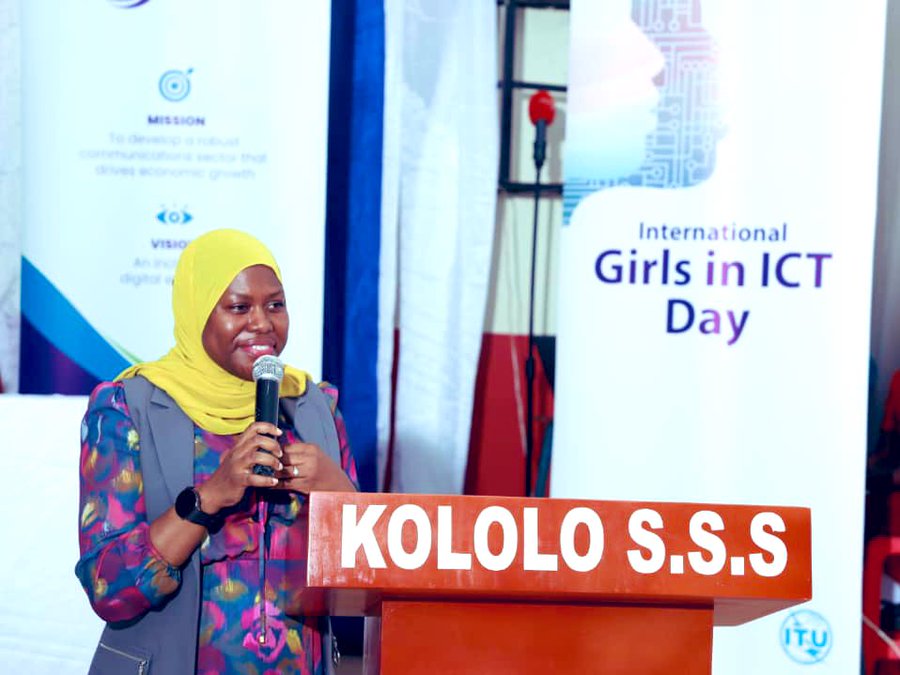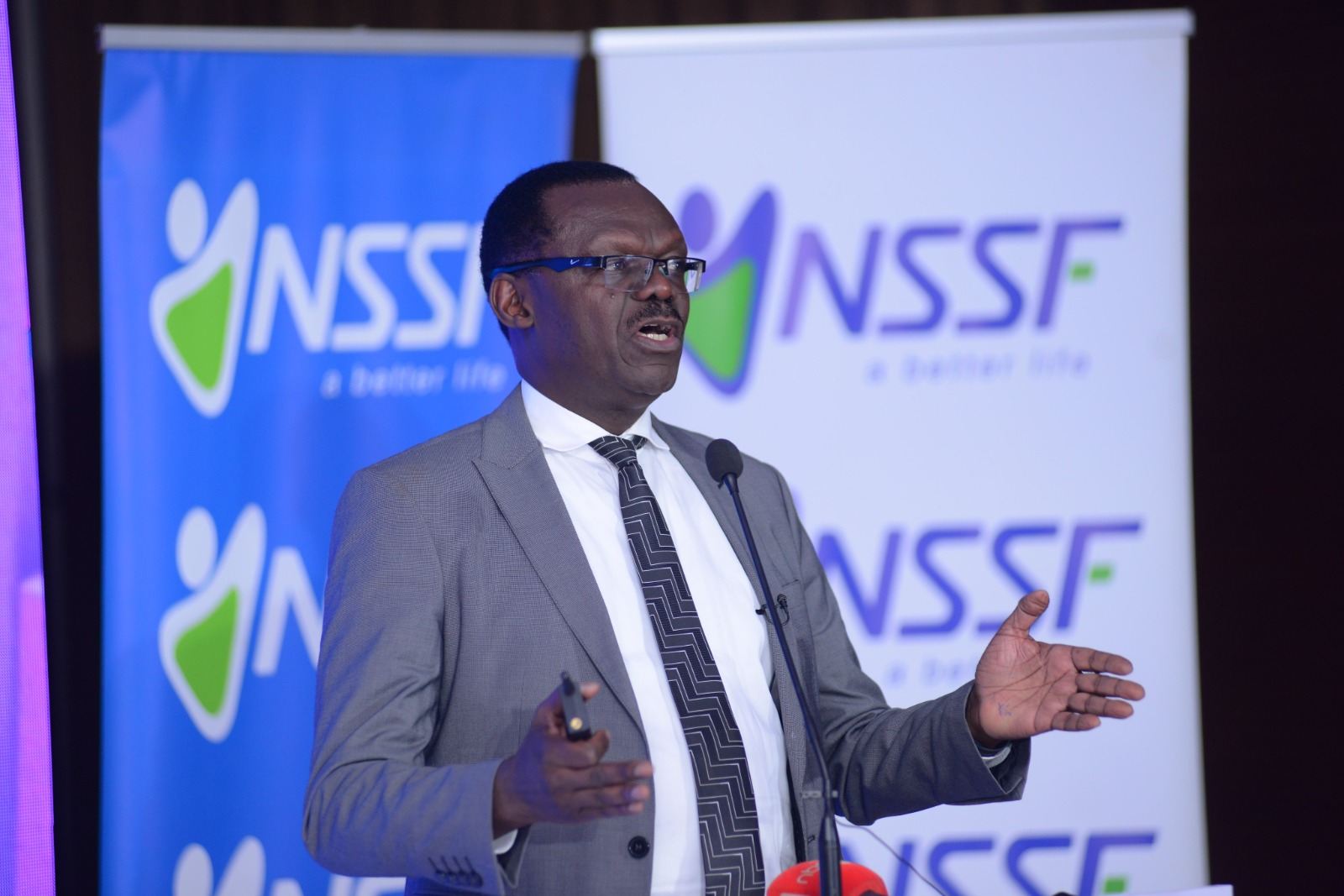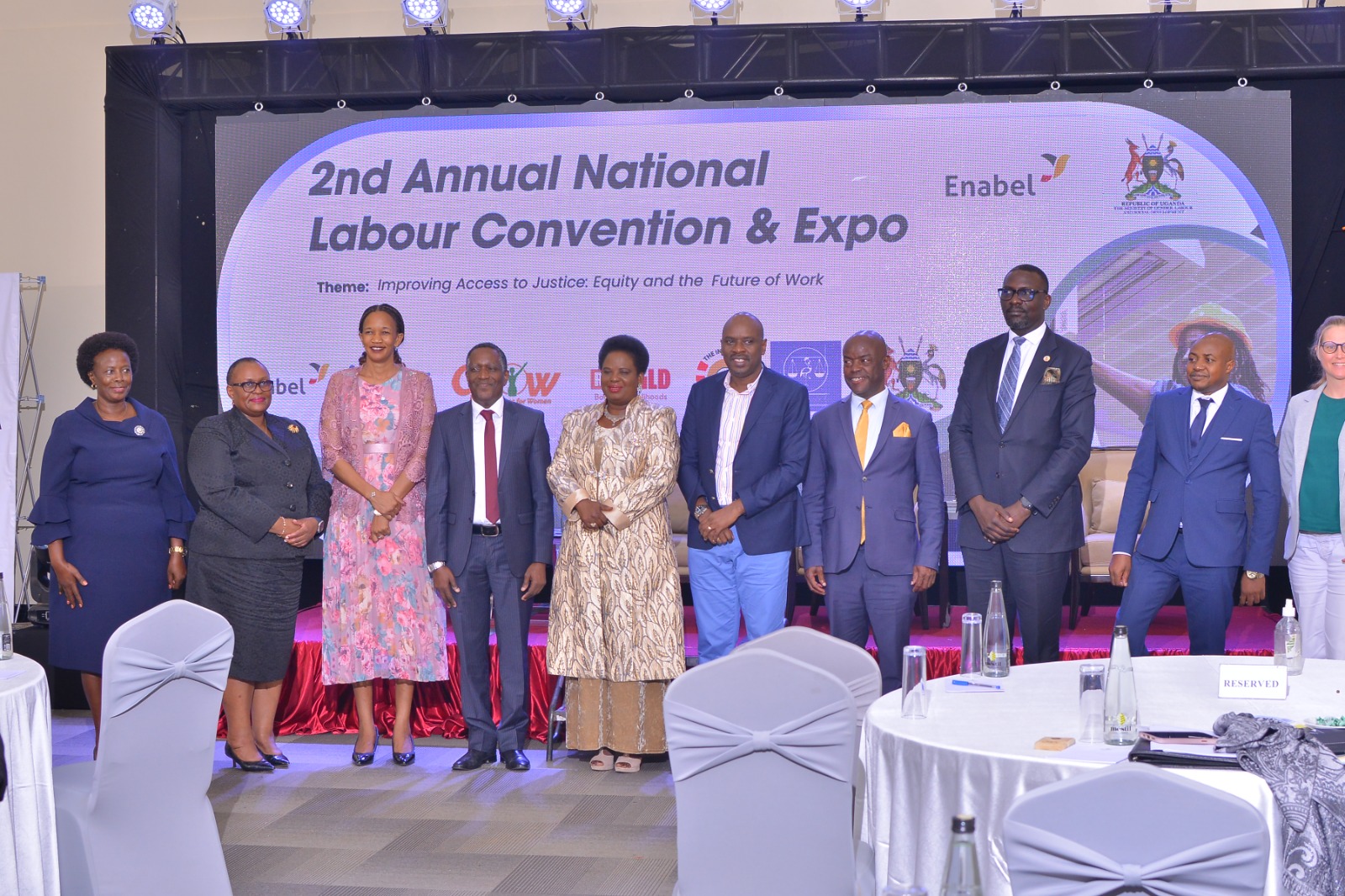Civil society starts project to help improve coffee value chains in Uganda
A group of civil society organisations led by the Southern and Eastern Africa Trade and Information Negotiations Institute (SEATINI) Uganda have spearheaded a project aimed at improving the coffee value chains in the country.
Named “Fair for All”, the program also implemented together with Agency for Community Empowerment (AFCE), Uganda Agribusiness Alliance (UAA), Eastern and Southern Africa Small Scale Farmers Forum (ESAFF), Civil Society Budget Advocacy Group (CSBAG) and Oxfam in Uganda, the five year project at both national and sub-national level will target farmers mostly in Mbale and Mubende districts.
Keep Reading
“Uganda’s economy largely depends on commodities with the country’s exports are dominated by traditional cash crops such as coffee, cotton, tea and tobacco, with coffee being the principal export crop. In recent times the government has sought to promote large scale foreign owned coffee plantations through various incentive schemes so as to reach the set target of production of 20 million coffee bags by 2025.This process has prioritized the interest of foreign investors compared to the dominant small and medium scale indigenous coffee producers and local land owners,” said Sam Tumugarukire, the Monitoring and Evaluation Manager SEATINI Uganda.
“This project will help support small scale coffee producers and workers in or affected by large scale coffee production to defend their rights and interests against government and large-scale coffee plantation owners.”
According to Tumugarukire, the project will support civil society to influence sub-national, national and international policies, laws and norms, that safeguard the rights of small-scale coffee producers and communities in the coffee trade and value-chains.
“The project will advocate for public policies and private sector practices that strengthen small and medium scale farmers in the coffee value chain like better prices, better access to finance, public investment in processing and value addition,” he said.
“It will also strengthen citizens capacity especially women and youth to have oversight and voice over fiscal, trade and investment related regulations and processes.”
According to Africa Kiiza, a Trade Policy Analyst at SEATINI Uganda the project is aimed at ensuring farmers get value out of the coffee they grow.
“When coffee is exported in form of raw beans, many farmers loses out. Arabica coffee is bought cheaply from farmers in Mbale and exported to Germany to make Nescafe which is sold expensively. This is because farmers don’t have readily available markets for their coffee and end up selling cheaply. This project is here to deal with such issues,”Kiiza said.
The Mbale district Commercial Officer Ruth Wambi applauded SEATINI for the project that she said will greatly benefit farmers.
“For a long time, we have been doing agriculture but farmers remain needy and don’t improve their welfare. This project will help the farmers here create a difference. I thank SEATINI for coming up with this timely project,”Wambi said.
“Value addition is the way to go for every farmer if we are to fight poverty and for farmers to benefit out of agriculture.”
According to the project implementation plan, SEATINI Uganda will also develop a mobile app that will help in reporting and reporting human rights violations in the coffee value chain.














